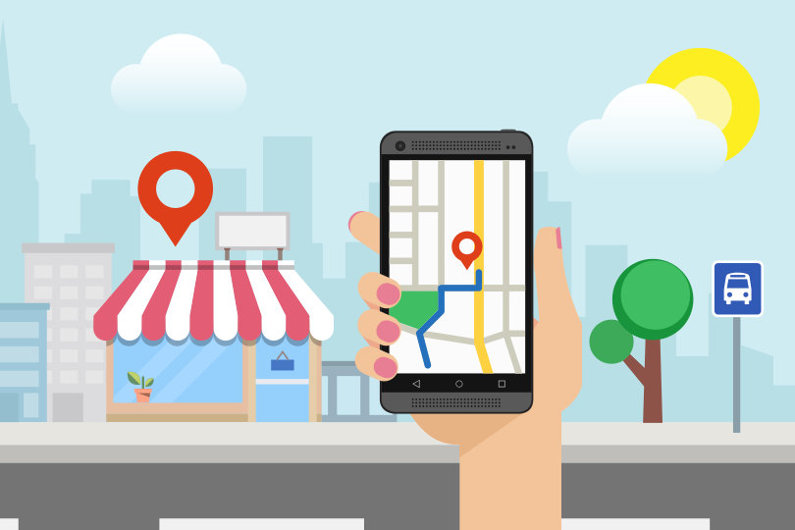Local marketing is a crucial element in any small business internet strategy. Even if you run a small e-commerce store and operate solely online, you still need to come up with a good local strategy. Search engines are increasingly favoring websites with local-optimization, with search algorithms like Pigeon.
Don’t worry – local marketing doesn’t have to be difficult. There are plenty of tools and resources available to help you with your online campaigns.

Here are some strategies to keep in mind:
Create local pages in directories
The first step is to have a page in local business directories – especially those associated with major search engines (Bing Places and Google My Business for starters). Other places to create a local listing include Yelp, WhitePages.com, LinkedIn, etc. Make sure the information across all directories is accurate. Be sure to fill out all of the details concerning your business. Even if your office is in your home, you’ll still want to create a local listing for all of the areas you serve.
Keep local optimization in mind when participating in social media
Not only should you try to reach out to influencers involved in your industry, you should try to reach out to influencers (and consumers) in your area. If you’re working with a social media campaign manager, consultant, or service such as Socialboosterz, be sure to inform them of your local needs.
Make sure your website and blog are optimized for local search
This can be done in a number of ways. The best strategy is to create a separate page for each area you service, just as long as you make each page as unique as possible. Add keywords relevant to that specific location. Write about upcoming events in that particular area. Add links to local news stories. Reference local organizations and people.
PARTICIPATE on LinkedIn
Don’t just add a few network connections and sign out. Take the time to join groups and participate in conversations. Try to get to know people in your industry AND location. Like this artcile on Forbes.com explains: “be opportunisitc”. Join groups that will allow you to connect with new people in your target audience. Don’t spam; provide them with useful information and let them become aware of your expertise before inviting them to your network.
Make your site mobile-friendly
If you haven’t already done so, take the steps necessary to ensure that you have a mobile-friendly website. Many people use their phones to search for local businesses. It also helps to have a web host that enables mobile-friendly website creation and design. A Wix website, for instance, is mobile-friendly and easy to implement.
Run location-specific Facebook ads
Facebook for Business now has a “Local Awareness objective” designed explicitly for local businesses. It allows businesses to create an ad within two minutes. If you’re going to do any actual advertising as part of your marketing strategy, this is a great place to start.
Not all local marketing needs to be done online. Don’t neglect offline marketing. SmallBizTrends.com explains that “local marketing requires a unified effort”. Don’t forget about doing things the old fashioned way: giving out flyers, business cards, paying for local TV or print ads, etc.


